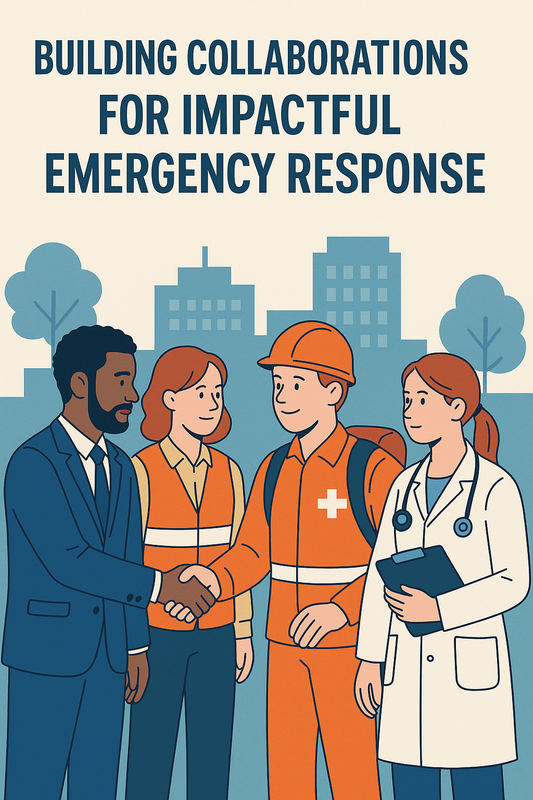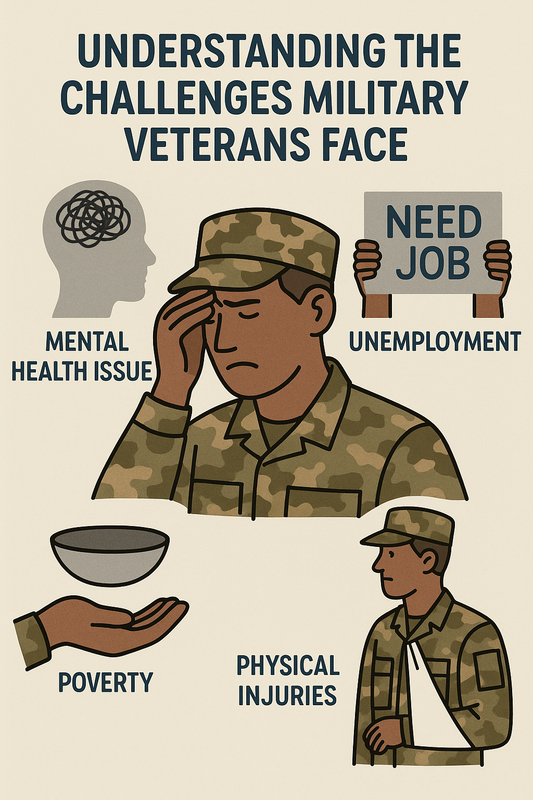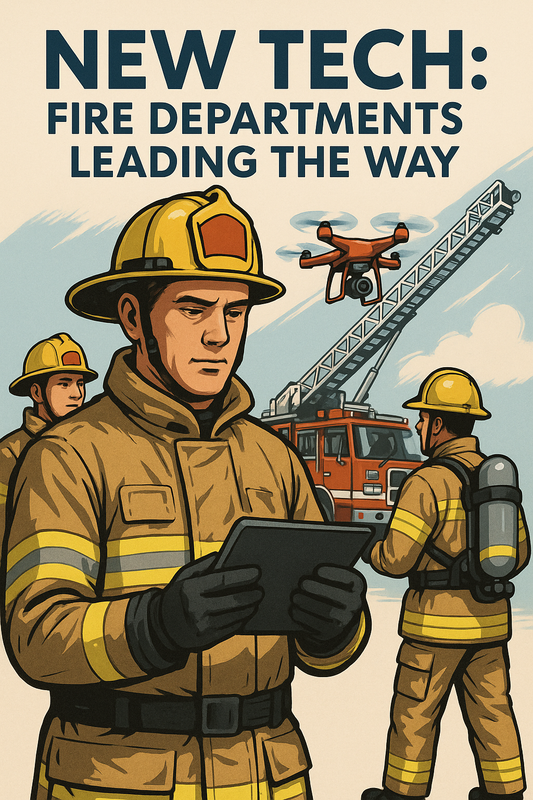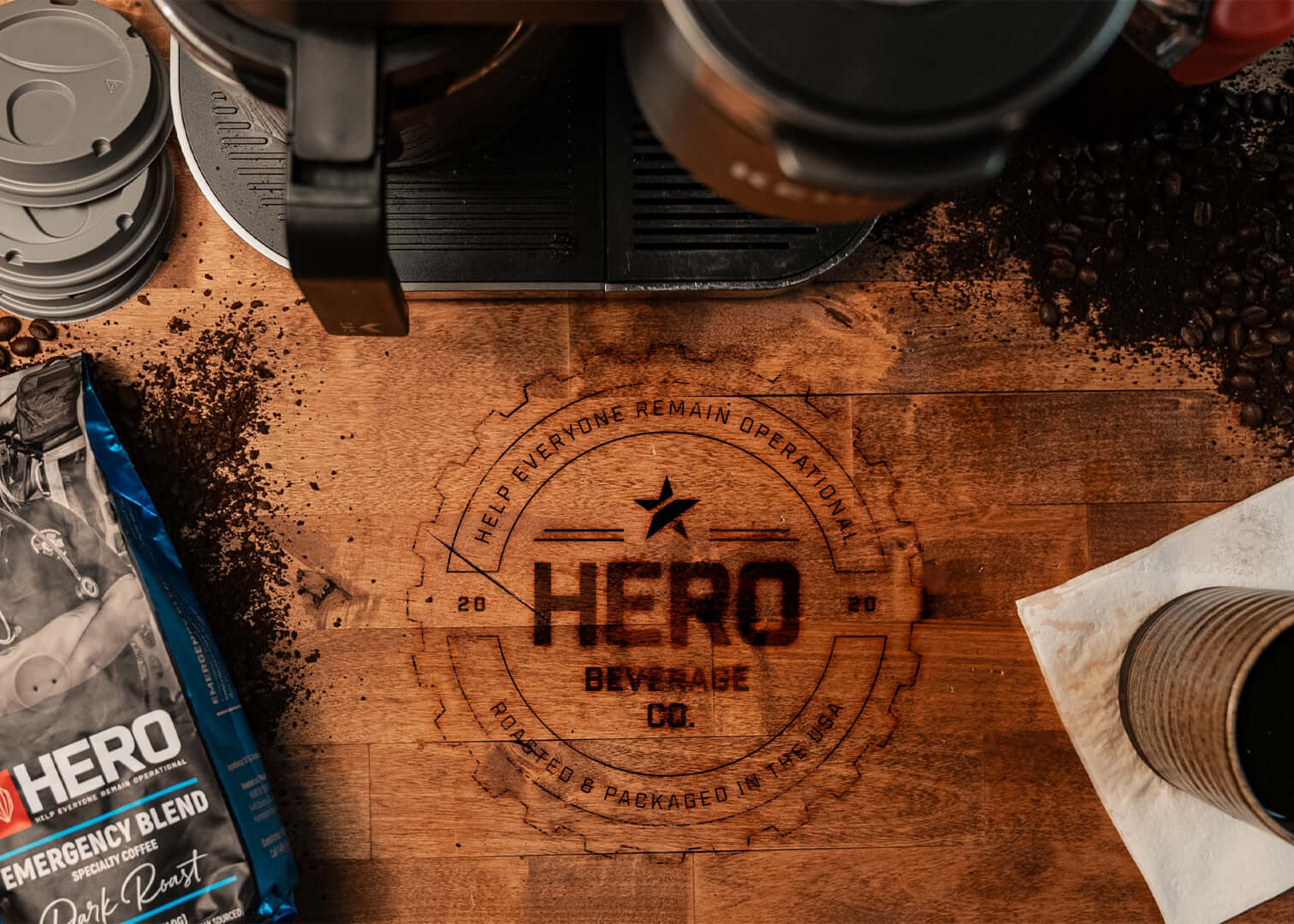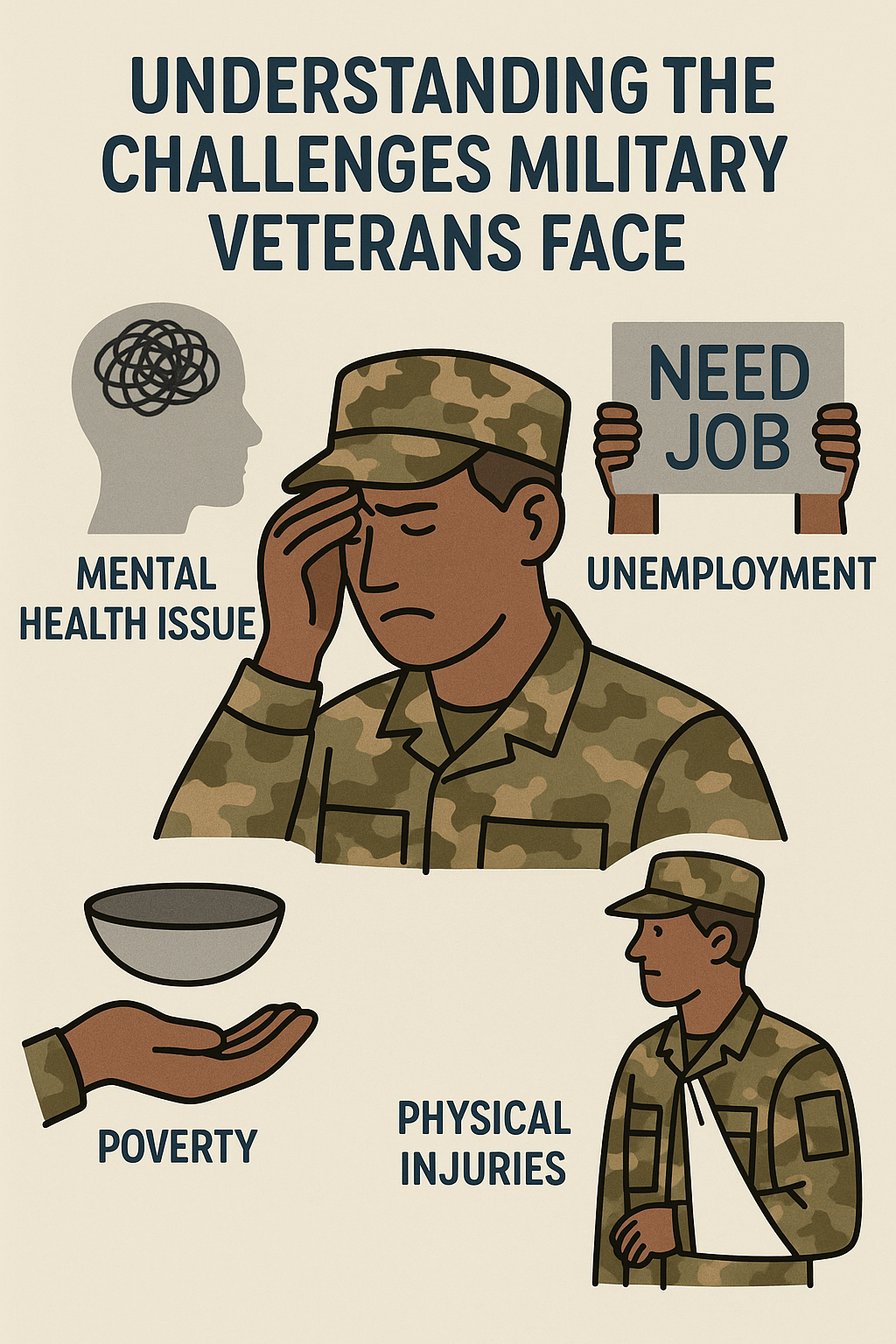
Understanding the Challenges Military Veterans Face
Frequently Asked Questions
1. What are some common challenges veterans face when transitioning to civilian life?
2. How does military service affect veterans' mental health?
3. What role do medical workers play in supporting veterans' mental health?
4. How can communities help veterans reintegrate into society?
5. What resources are available to help veterans access their benefits?
Transitioning from military to civilian life can be a daunting experience for many veterans. The challenges they face are profound and multi-faceted, and understanding these hurdles can help society provide better support for our heroes. In this blog, we will explore the common obstacles that military veterans encounter after their service, focusing on mental health, employment, and social reintegration. We will also discuss how communities, including medical workers and local businesses, can play a pivotal role in aiding their transition.
The Emotional Impact of Service
One of the most significant challenges military veterans face is the emotional toll that service can take. Many veterans have experienced traumatic events, leading to conditions such as PTSD, anxiety, and depression. Recognizing the psychological effects of military service is crucial in understanding the obstacles veterans navigate daily.
Understanding PTSD
Post-Traumatic Stress Disorder (PTSD) affects a significant number of veterans. Symptoms include flashbacks, severe anxiety, and uncontrollable thoughts about the traumatic events experienced during their service. Acknowledging these symptoms is a vital step toward fostering openness in conversations around mental health. Encouraging stigma-free discussions can help veterans feel comfortable seeking treatment and support.
Emotional Support from Medical Workers
Medical workers play a crucial role in addressing the mental health needs of veterans. Accessible counseling and therapy sessions are essential. Facilities must be equipped not just with medical professionals but also with trained specialists who understand the unique challenges veterans face. By understanding that veterans may have emotional barriers when discussing mental health, medical workers can provide tailored support that eases their transition.
Employment Challenges
After military life, many veterans struggle to reintegrate into the civilian workforce. Employment is often a significant source of identity and purpose, making successful transition even more critical for veterans.
Translating Military Skills to Civilian Workforce
One major challenge is translating military skills and experiences into language that civilian employers understand. Many veterans possess exceptional leadership, teamwork, and strategic thinking skills—qualities that are incredibly valuable in the workplace. However, veterans often face difficulty in demonstrating these skills on resumes and during job interviews.
Creating initiatives that help veterans articulate their experiences to potential employers can empower them during this challenging phase. Workshops and training programs that focus on resume building and interview preparation could bridge the gap often faced by veterans.
Support Networks in Employment
Establishing strong support networks is important. Organizations that pair veterans with job mentors can offer encouragement and guidance in the job search process. Collaborating with businesses that actively seek to employ veterans can also help create a welcoming environment for returning service members. This can lead to the rise of inclusive workspaces where veterans feel valued, thus enhancing their confidence and self-esteem.
Social Reintegration: Building Connections
Reconnecting with society after years of military service can be a daunting task for veterans. Many report feelings of isolation and alienation from those who haven’t shared their experiences. Building strong social connections plays a pivotal role in a veteran's adjustment to civilian life.
Challenges of Social Isolation
Social isolation can negatively impact a veteran’s mental health, leading to further complications such as depression or substance abuse. Understanding this aspect is crucial for communities looking to support their local veterans.
Efforts to foster inclusive community programs that welcome veterans can help break down the barriers of isolation. Community centers, social groups, and local organizations can work together to create a friendly space for veterans to share their experiences and connect with others, leading to stronger community bonds.
The Role of Local Businesses
Local businesses and organizations can play a vital role in aiding veterans’ reintegration. They can host events, workshops, and outreach programs specifically tailored to veterans. For instance, an environmentally friendly coffee shop can hold weekly coffee meet-ups for veterans, creating a casual space for them to connect and share their stories. Businesses can also employ veterans, valuing their unique experiences.
Access to Benefits and Resources
Navigating the myriad of benefits and resources available to veterans can be overwhelming. From healthcare to housing assistance, it’s crucial for veterans to understand what resources are at their disposal.
Understanding Veterans Affairs (VA) Benefits
The United States Department of Veterans Affairs offers various benefits such as healthcare, education, and housing assistance. Ensuring that veterans know how to access these services is paramount. Community initiatives can simplify this process by organizing information sessions and providing materials that outline available services.
Online resources can additionally make this information more accessible. Websites dedicated to veterans can help simplify bureaucratic processes, making it easier for veterans to claim their benefits.
Engaging with the Community
Encouraging veterans to engage with local support groups or online forums can also help them navigate their benefits. Peers who have successfully maneuvered these systems can offer insights that help demystify the process for new veterans.
Fun and Relaxation: The Importance of Humor
Life after military service can often feel weighed down by challenges. However, integrating fun and relaxation into the lives of veterans is essential. This could be as simple as organizing community events where veterans can unwind and have some fun.
The Power of Laughter
Humor can be an effective tool for veterans easing the transition to civilian life. Participating in community activities, like a local comedy show or wellness workshops, can lift spirits and foster camaraderie among veterans. Some events might even feature funny dad shirt giveaways, bringing a light-hearted atmosphere that encourages laughter.
Creating a culture where fun is included in the veteran reintegration process can help in reducing stress and creating lasting connections.
Advocacy and Awareness
Raising awareness about the challenges veterans face after service is essential for fostering understanding and change. Advocating for veteran needs in local communities can help diminish misconceptions and increase support.
Community Involvement
Community members are encouraged to learn about the veteran experience and advocate for better resources. Engaging in campaigns that promote veteran issues can help people understand their complexities. Awareness events can serve as platforms for veterans to share their stories, emphasizing the nuances of returning to civilian life.
Supporting veteran-owned businesses can also contribute to the local economy while creating a sense of community within the veteran population. Every action, whether small or significant, contributes to building healthier, more supportive environments for veterans.
Date Night for Heroes
As we draw this discussion to a close, let’s envision a special night dedicated to honoring veterans—the incredible "Date Night for Heroes." Imagine organizing a local event where veterans and their families can come together for a night filled with laughter, storytelling, and amazing food. Such initiatives can celebrate their service while emphasizing their reintegration into society.
This gathering can serve as a reminder that our veterans are not alone; they have a community that cares and is actively engaged in their well-being.
Understanding the challenges military veterans face after service is only the first step. By fostering a culture of support and empathy, we can create a society that values and uplifts them. Together, let’s ensure that no veteran feels isolated or struggles unaided. Their service deserves our genuine appreciation and commitment to their success. Let's champion initiatives that make a difference in the lives of those who have given so much for our safety and freedom!
Linked Product

Husband. Dad. Protector. Hero. Tee
The "Husband. Dad. Protector. Hero. Tee" offers a comfortable and soft fit, making it an ideal choice for veterans who want to express their pride in their roles as family members and protectors. Made from high-quality cotton, this pre-shrunk t-shirt is designed for everyday wear, providing both style and comfort. It serves as a reminder of the strength and resilience that veterans carry with them after service.
View Product
